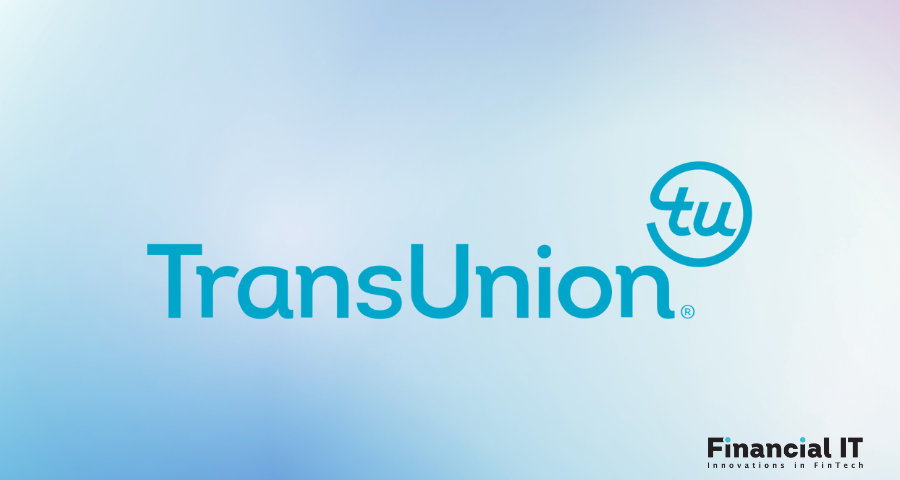Aevi And Verifone Partner To Simplify And Scale in-...
- 07.01.2026 01:35 pm
Blink Payment Launches Card Present API To Connect in-...
- 07.01.2026 11:25 am
Worldline Launches One Commerce in the UK, Enabling...
- 07.01.2026 11:15 am
Sterling Bank Joins Thunes' Direct Global Network...
- 06.01.2026 09:25 am
QNB And Mastercard Expand Payment Services in Syria
- 05.01.2026 03:35 pm
AFS Launches SoftPOS (Tap-to-Phone) Solution Across...
- 05.01.2026 12:25 pm
KAST Expands Global Payouts To Additional Local...
- 05.01.2026 09:25 am
Currys Earns Its Stripes Overhauling Payment Tech with...
- 05.01.2026 09:15 am
INTX Integrates Tranzpay To Deliver Fully Embedded...
- 02.01.2026 12:35 pm
Fiserv Collaborates with Visa To Accelerate Agentic...
- 23.12.2025 10:00 am
FAB and Mastercard Transform UAE Business Payments...
- 22.12.2025 01:25 pm
Greater Flexibility to Be Given for Setting Future...
- 22.12.2025 11:55 am






















